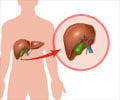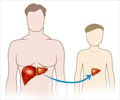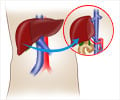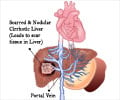Children currently account for approximately 12.5% of liver transplant recipients and in Europe approximately 6,973 people received a liver transplant in 2012.
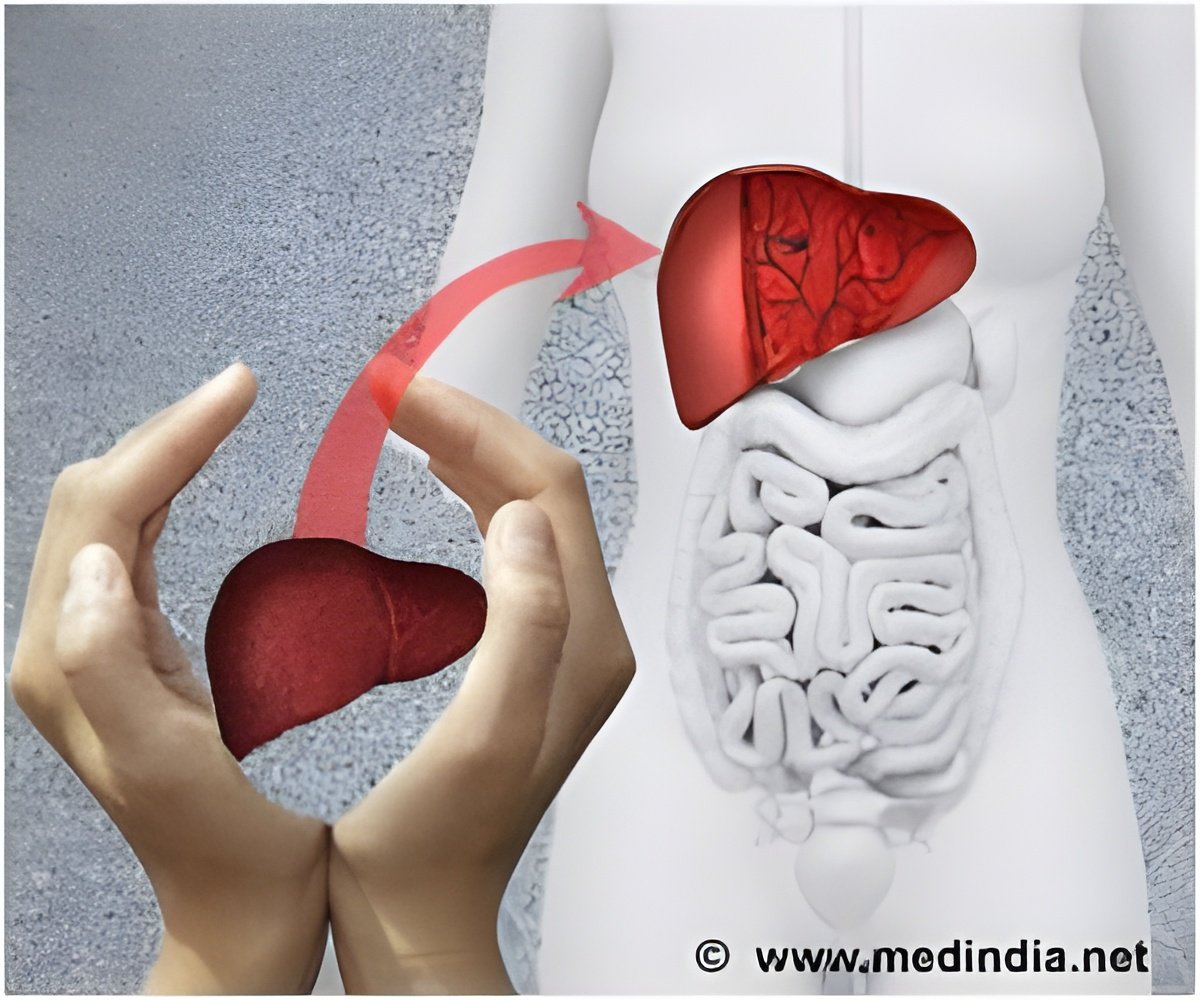
Pediatric patients currently account for approximately 12.5% of liver transplant recipients and in Europe approximately 6,973 people received a liver transplant in 2012.
"Until now there has been no good answer as to how long children could be expected to live after liver transplantation," said Josefina Martinelli, Paediatric Liver Unit, AP-HP and lead author of the study.
"While each child receiving a transplant is unique and every procedure is different, this study provides robust evidence on the average expected survival rates, an important consideration for the parents of children who undergo this complicated procedure."
The authors retrospectively analysed the medical records of 128 consecutive children who underwent cadaveric transplantation (whole liver n=47, partial n=77, split n=4) in Bicêtre Hospital, France from 1988 to 1993 at a median age of 2.5 years.
According to the study, patient survival rates recorded at five, 10, 15 and 20 years were 84%, 82%, 80% and 79%, while graft survival rates were 73%, 72%, 67% and 65% respectively.
Advertisement
"This study is evidence of the great progress the medical community is making as we continue to learn more about how the body deals with transplanted organs," says Professor Laurent Castera, EASL Secretary General.
Advertisement
Source-Eurekalert

